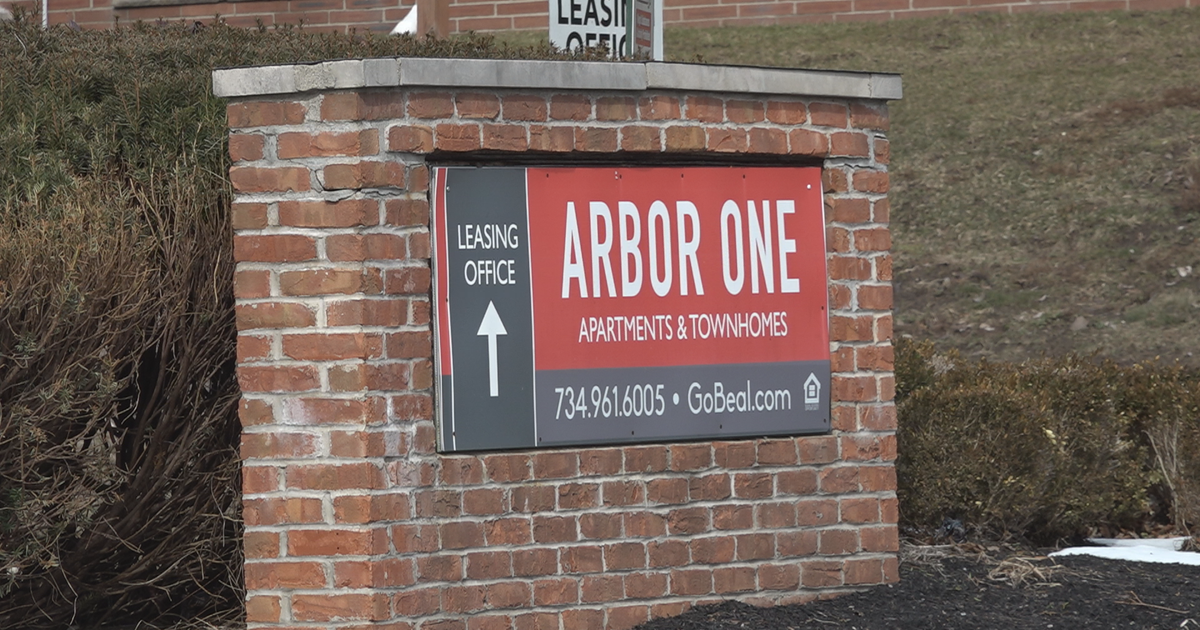Texas lawmakers may have cost local governments 'billions and billions' by unknowingly expanding a tax break to private developers
NORTH TEXAS – When State Representative Gary Gates isn't representing his district just southwest of Houston, he's buying, renovating, and renting real estate.
It's how the lawmaker first heard about developers using public facility corporations, or PFCs, to avoid paying taxes.
"It appeared people were using this government code to reduce their taxes, but not providing any kind of real benefit," said Rep Gates.
The state legislature originally created the designation, he says, for public entities, like school districts wanting to build schools or counties wanting to build jails.
It allows for a 100% exemption from paying any property taxes or sales taxes for up to 99 years.
In 2015, though, a last minute amendment to a bill on the Texas Senate floor made key changes.
"To update and clarify the public facility corporation act," Senator Craig Estes explained to his colleagues at the time.
Video of the amendment's passage raises questions of whether senators understood what they were doing.
Estes is asked directly if his proposal would make the tax break available to for-profit developers. He assured it would not.
"What you're saying is the non-government entities would be non-profits, not for-profits?" a colleague asked.
"That's correct," replied Estes.
A study by UT law professor Heather Way found "the convoluted structure of the 2015 amendment makes it very difficult to understand.." but that by passing it legislators, in fact, "were creating a new property tax exemption for private apartment developers.
Within years, hundreds were benefiting.
"This was becoming a feeding frenzy," said Rep Gates.
Our CBS I-Team started looking into PFCs after the city of Plano this fall took its own housing authority to court over questions on more than a dozen deals it approved to create more affordable housing.
"Are they actually becoming affordable? Are we actually seeing them move into that affordable category?" asked Plano city manager Mark Israelson.
Our own review of PFCs in Plano found some advertising not their low cost, but their luxury
"Are we subsidizing luxury complexes?" I asked Plano Housing Authority executive director Dave Young in an interview this fall.
"We're still in Plano," he said. "You can't just say, 'Oh well, I'm going to make affordable housing, but it's going to be extremely low end."
Professor Way's study determined on average developers save $1.3 million in sales tax during construction and one million dollars in property tax every year after, but she wrote there are "no rent restrictions… thus no guarantee the rents will be affordable to low income renters."
Representative Gates this year passed his own last minute amendment trying to fix the system by requiring that new PFCs undergo annual compliance audits and get approval from local taxing entities.
That last condition alone, the Plano Housing Authority's executive director told us, makes any future PFC deals, at least in his city, unlikely.
"Based on the actions taken recently by the city, I find it hard to believe they're going to approve any," said Young.
But the new rules won't apply to deals that were already approved, and representative Gates says much of the damage is already done.
"People are just now waking up to what's happening. But you're waking up and the game's over!" he said. "We're talking about billions and billions of dollars. And right now we're locked in for 99 years. My kids, my kids' kids will be DEAD before those property taxes expire."
Attempts to reach former senator Estes have been unsuccessful. Apartment complexes designated as PFCs have not responded to phone calls.







